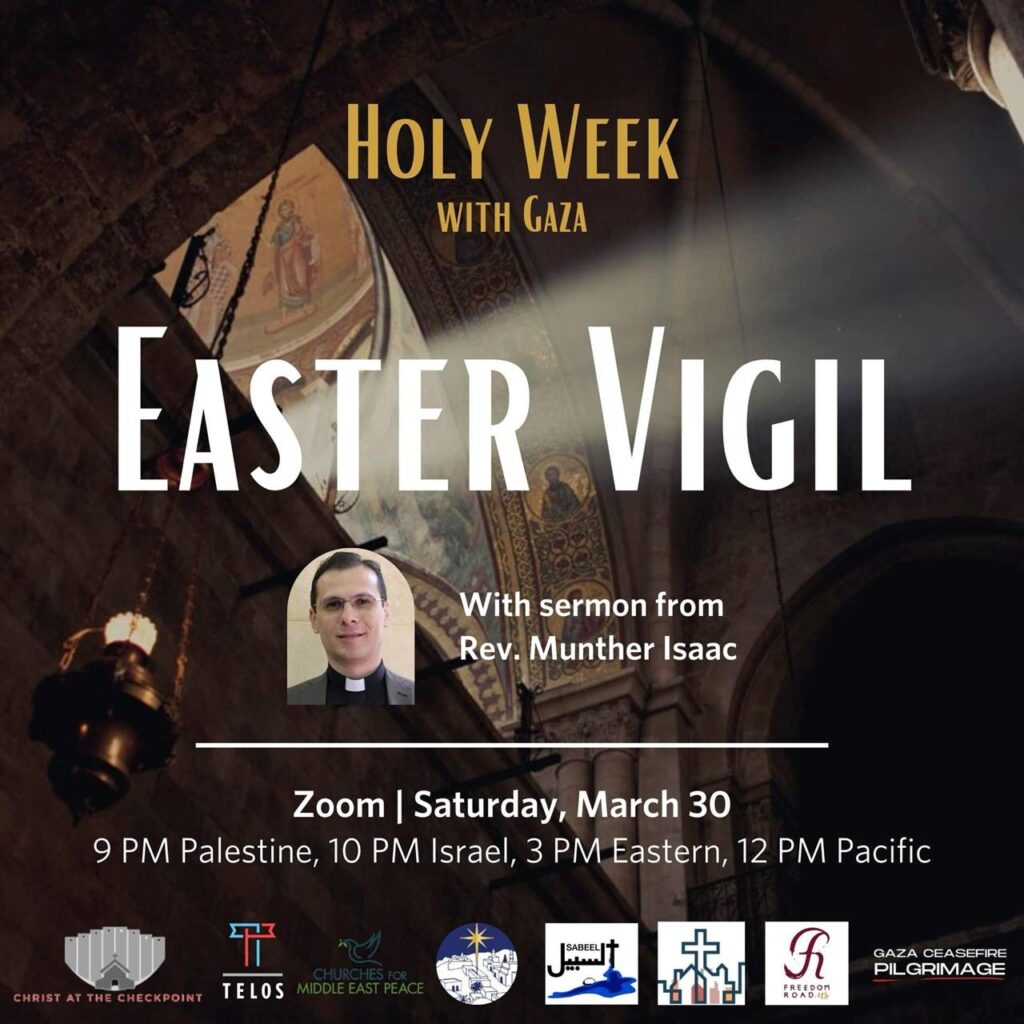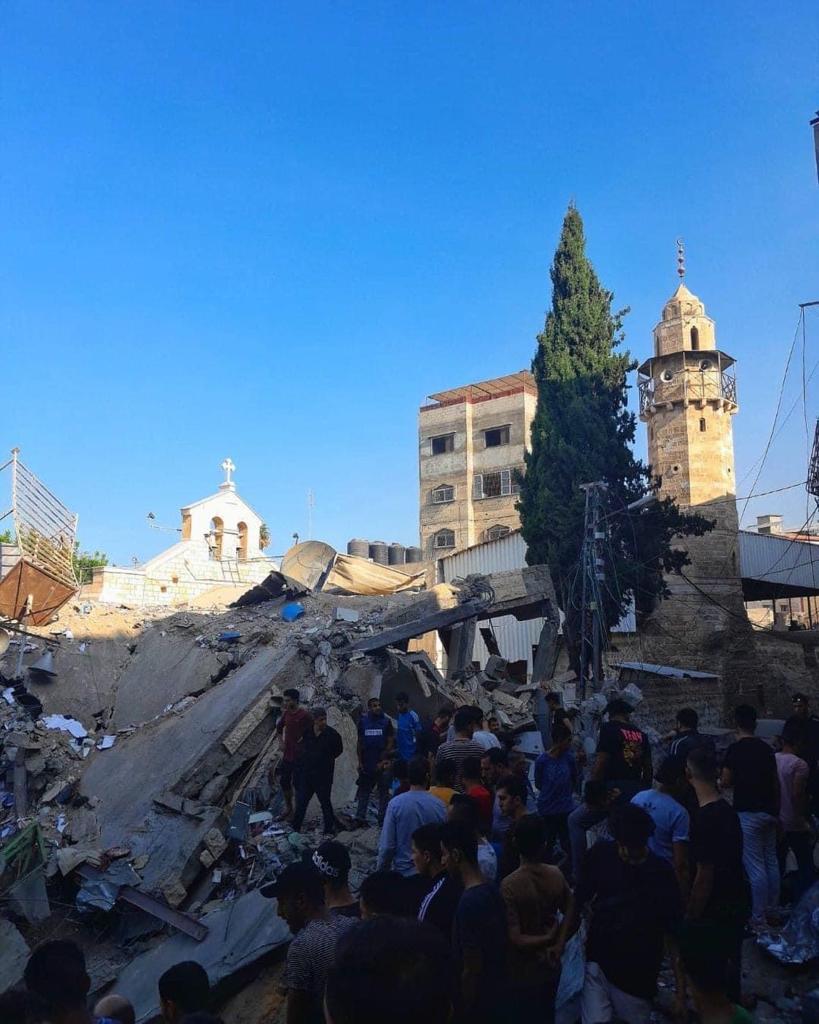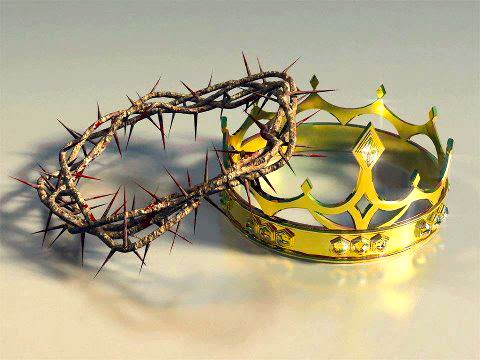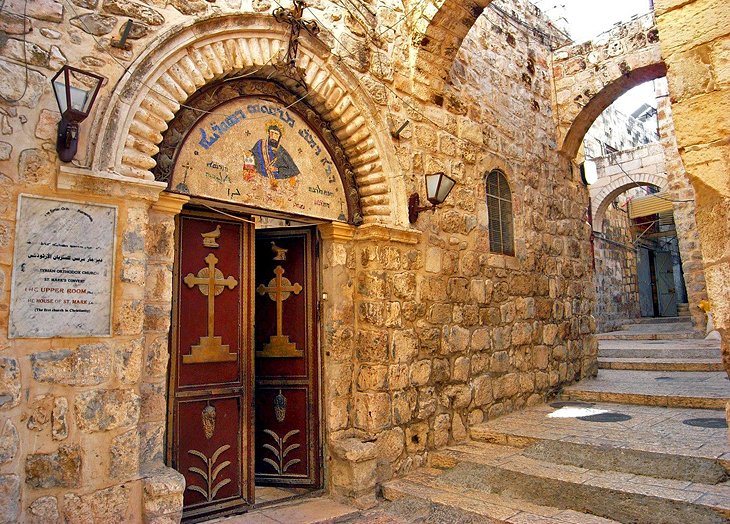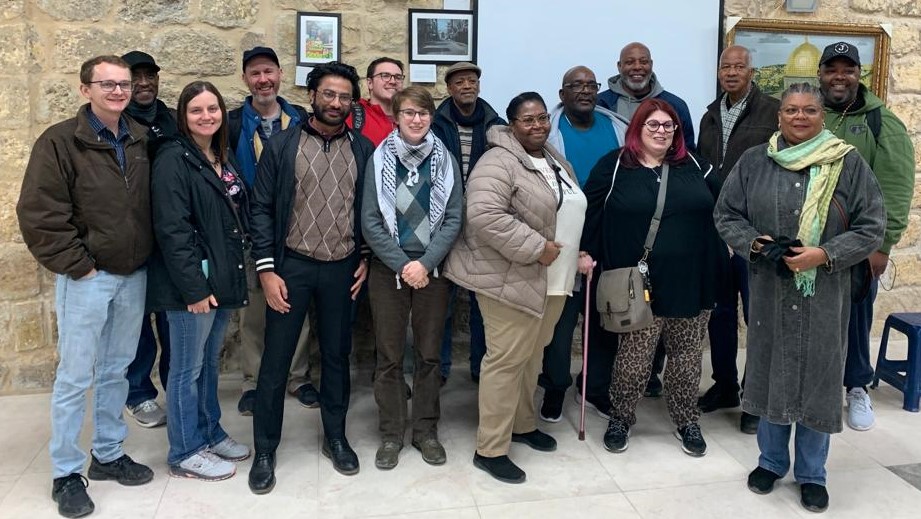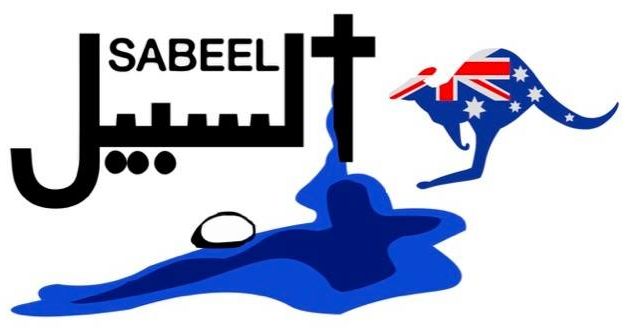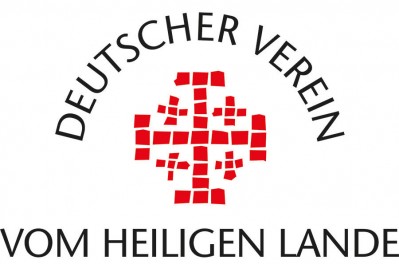
“Learn to do right; seek justice; defend the oppressed” (Isa 1:17).
We, at the undersigned Palestinian Christian institutions and grassroots movements, grieve and lament the renewed cycle of violence in our land. As we were about to publish this open letter, some of us lost dear friends and family members in the atrocious Israeli bombardment of innocent civilians on October 19, 2023, Christians included, who were taking refuge in the historical Greek Orthodox Church of Saint Porphyrius in Gaza. Words fail to express our shock and horror with regards to the on-going war in our land. We deeply mourn the death and suffering of all people because it is our firm conviction that all humans are made in God’s image. We are also profoundly troubled when the name of God is invoked to promote violence and religious national ideologies.
Further, we watch with horror the way many western Christians are offering unwavering support to Israel’s war against the people of Palestine. While we recognize the numerous voices that have spoken and continue to speak for the cause of truth and justice in our land, we write to challenge western theologians and church leaders who have voiced uncritical support for Israel and to call them to repent and change. Sadly, the actions and double standards of some Christian leaders have gravely hurt their Christian witness and have severely distorted their moral judgment with regards to the situation in our land.
We come alongside fellow Christians in condemning all attacks on civilians, especially defenseless families and children. Yet, we are disturbed by the silence of many church leaders and theologians when it is Palestinian civilians who are killed. We are also horrified by the refusal of some western Christians to condemn the ongoing Israeli occupation of Palestine, and, in some instances, their justification of and support for the occupation. Further, we are appalled by how some Christians have legitimized Israel’s ongoing indiscriminate attacks on Gaza, which have, so far, claimed the lives of more than 3,700 Palestinians, the majority of whom are women and children. These attacks have resulted in the wholesale destruction of entire neighborhoods and the forced displacement of over one million Palestinians. The Israeli military has utilized tactics that target civilians such as the use of white phosphorus, the cutting off of water, fuel, and electricity, and the bombardment of schools, hospitals, and places of worship—including the heinous massacre at Al-Ahli Anglican-Baptist Hospital and the bombardment of the Greek Orthodox Church of Saint Porphyrius which wiped out entire Palestinian Christian families.
Moreover, we categorically reject the myopic and distorted Christian responses that ignore the wider context and the root causes of this war: Israel’s systemic oppression of the Palestinians over the last 75 years since the Nakba, the ongoing ethnic cleansing of Palestine, and the oppressive and racist military occupation that constitutes the crime of apartheid. This is precisely the horrific context of oppression that many western Christian theologians and leaders have persistently ignored, and even worse, have occasionally legitimized using a wide range of Zionist theologies and interpretations. Moreover, Israel’s cruel blockade of Gaza for the last 17 years has turned the 365-square-kilometer Strip into an open-air prison for more than two million Palestinians—70% of whom belong to families displaced during the Nakba—who are denied their basic human rights. The brutal and hopeless living conditions in Gaza under Israel’s iron fist have regrettably emboldened extreme voices of some Palestinian groups to resort to militancy and violence as a response to oppression and despair. Sadly, Palestinian non-violent resistance, which we remain wholeheartedly committed to, is met with rejection, with some western Christian leaders even prohibiting the discussion of Israeli apartheid as reported by Human Rights Watch, Amnesty International, and B’Tselem, and as long asserted by both Palestinians and South Africans.
Time and again, we are reminded that western attitudes towards Palestine-Israel suffer from a glaring double standard that humanizes Israeli Jews while insisting on dehumanizing Palestinians and whitewashing their suffering. This is evident in general attitudes towards the recent Israeli attack on the Gaza Strip that killed thousands of Palestinians, the apathy towards the murder of the Palestinian-American Christian journalist Shireen Abu Akleh in 2022, and the killing of more than 300 Palestinians including 38 children in the West Bank this year before this recent escalation.
It seems to us that this double standard reflects an entrenched colonial discourse that has weaponized the Bible to justify the ethnic cleansing of indigenous peoples in the Americas, Oceania, and elsewhere, the slavery of Africans and the transatlantic slave trade, and decades of apartheid in South Africa. Colonial theologies are not passé; they continue in wide-ranging Zionist theologies and interpretations that have legitimized the ethnic cleansing of Palestine and the vilification and dehumanization of Palestinians—Christians included—living under systemic settler-colonial apartheid. Further, we are aware of the western Christian legacy of Just War Theory that was used to justify dropping atomic bombs over innocent civilians in Japan during World War II, the destruction of Iraq and the decimation of its Christian population during the latest American war on Iraq, as well as the unwavering and uncritical support for Israel against the Palestinians in the name of moral-supremacy and “self-defense.” Regrettably, many western Christians across wide denominational and theological spectra adopt Zionist theologies and interpretations that justify war, making them complicit in Israel’s violence and oppression. Some are also complicit in the rise of the anti-Palestinian hate speech, which we are witnessing in numerous western countries and media outlets today.
Although many Christians in the West do not have a problem with the theological legitimization of war, the vast majority of Palestinian Christians do not condone violence—not even by the powerless and occupied. Instead, Palestinian Christians are fully committed to the way of Jesus in creative nonviolent resistance (Kairos Palestine, §4.2.3), which uses “the logic of love and draw[s] on all energies to make peace” (§4.2.5). Crucially, we reject all theologies and interpretations that legitimize the wars of the powerful. We strongly urge western Christians to come alongside us in this. We also remind ourselves and fellow Christians that God is the God of the downtrodden and the oppressed, and that Jesus rebuked the powerful and lifted up the marginalized. This is at the heart of God’s conception of justice. Therefore, we are deeply troubled by the failure of some western Christian leaders and theologians to acknowledge the biblical tradition of justice and mercy, as first proclaimed by Moses (Deut 10:18; 16:18–20; 32:4) and the prophets (Isa 1:17; 61:8; Mic 2:1–3, 6:8; Amos 5:10–24), and as exemplified and embodied in Christ (Matt 25:34–46; Luke 1:51–53; 4:16–21).
Finally, and we say it with a broken heart, we hold western church leaders and theologians who rally behind Israel’s wars accountable for their theological and political complicity in the Israeli crimes against the Palestinians, which have been committed over the last 75 years. We call upon them to reexamine their positions and to change their direction, remembering that God “will judge the world in justice” (Acts 17:31). We also remind ourselves and our Palestinian people that our sumud (“steadfastness”) is anchored in our just cause and our historical rootedness in this land. As Palestinian Christians, we also continue to find our courage and consolation in the God who dwells with those of a contrite and humble spirit (Isa 57:15). We find courage in the solidarity we receive from the crucified Christ, and we find hope in the empty tomb. We are also encouraged and empowered by the costly solidarity and support of many churches and grassroots faith movements around the world, challenging the dominance of ideologies of power and supremacy. We refuse to give in, even when our siblings abandon us. We are steadfast in our hope, resilient in our witness, and continue to be committed to the Gospel of faith, hope, and love, in the face of tyranny and darkness. “In the absence of all hope, we cry out our cry of hope. We believe in God, good and just. We believe that God’s goodness will finally triumph over the evil of hate and of death that still persist in our land. We will see here ‘a new land’ and ‘a new human being’, capable of rising up in the spirit to love each one of his or her brothers and sisters” (Kairos Palestine, §10).
Your Kingdom come!
Signed Organizations and Institutions
Kairos Palestine
Christ at the Checkpoint
Bethlehem Bible College
Sabeel Ecumenical Center for Liberation Theology
Dar al-Kalima University
Al-Liqa Center for Religious, Heritage and Cultural Studies in the Holy Land
The East Jerusalem YMCA
The YWCA of Palestine
Arab Orthodox Society, Jerusalem
Arab Orthodox Club, Jerusalem
The Department of Service to Palestinian Refugees of the Middle East Council of Churches
Arab Education Institute Pax Christi, Bethlehem
To endorse this open letter, go to: https://chng.it/xm6Wsy7wmz.
